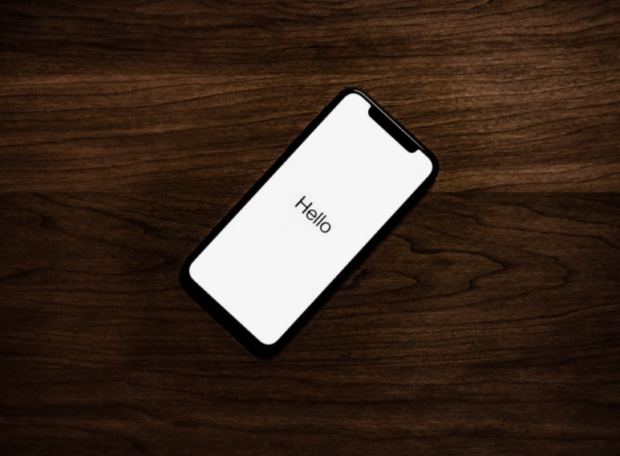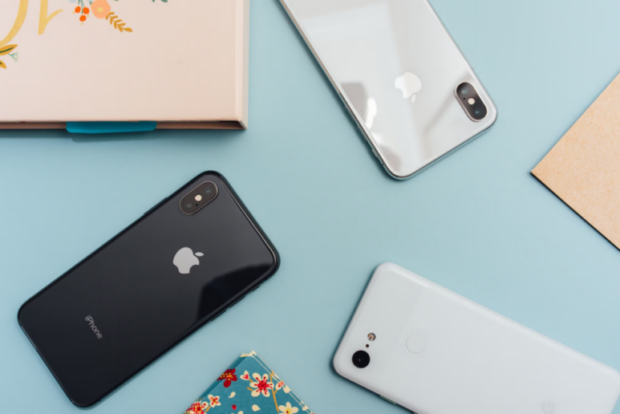
Selecting between the iPhone and the Android operating system is often the most difficult decision when shopping for a new smartphone. While both iPhones and Android phones are useful, there are significant differences including access to 100 deposit bonus casino games. Find out what sets iPhones and Androids apart so you can make an informed decision.
When you’re ready to purchase your first smartphone, choosing between the iPhone and Android is your first order of business. With this comparison, we hope you’ll be better able to decide which is right for you.
When It Comes to Hardware, Android Is Superior
Since only Apple can manufacture iPhones, it exercises complete control over the interplay between the device’s software and hardware. In contrast, Google licenses its Android operating system to various mobile device manufacturers, including Samsung, HTC, and Motorola. As a result, there is a wide range of Android phone sizes, weights, feature sets, and overall quality. Although high-end Android phones are on par with Apple’s iPhone in terms of quality, you may require the basic functionality of a less expensive Android phone.
Select an iPhone model before making your purchase. There are many different Android device manufacturers, so you’ll need to choose a brand and a specific device. While Android’s variety of options may appeal to some, the ease of use and reliability of Apple products are preferred by others.
Advantages of Both Operating Systems for the iPhone
Smartphones that utilize Android use Google’s Android operating system, whereas iPhones run Apple’s iOS. In all cases, you can expect to have a home screen where you can access your most often-used applications, such as games, utilities, the Phone app for making calls, the camera app for taking photographs, and the messaging app for sending messages. Touch interfaces are also common, and additional sensors like accelerometers and gyroscopes may increase the device’s usefulness.
Apple regularly releases iOS updates throughout the year, with major releases occurring around the autumn. When Android first launched, updates occurred less often and routinely (Android 2.0 came out in 2009, while both 3 and 4 came out in 2011). But Android has more and more settled into an annual upgrade cycle as of late. Samsung, along with other Android device manufacturers, uses a significantly modified version of the OS.
Compared to iOS, Android Offers Far More Apps
While Google Play has a larger variety of applications (2.8 million as of December 2020 compared to Apple’s 1.8 million), availability is the most important aspect when choosing an app store. When it comes to app approval, Apple is far more selective than Google is with Android. Apple’s stricter oversight is one reason its app store has fewer offers than Google’s, but it also makes it less likely that you would download viruses.

As a bonus, Apple knows that anything sold via its online shop will work with its various products. You can only sometimes be confident that an app you want will run with your specific phone because of the mix of many manufacturers of Android phones and less vetting in the Google Play Store. Despite this, some Android users may download applications from sources other than the official Google Play Store due to the wider variety of available apps.
Apple’s iPhone Include Strong Security Measures
If you’re concerned about keeping your smartphone safe, you should get an iPhone instead of an Android. There is a wide range of causes, but some of the more crucial ones are: a majority of Apple’s applications can use end-to-end encryption. In the case of a text message, for example, “end-to-end” encryption implies that the communication is encrypted from the device sending it to the device receiving it.
iPhone:
Android:
Android uses “in transit” encryption, which means data is safe while in motion but is not always secure while stopping at intermediary nodes like Google’s servers. Apple is king when it comes to digital downloads. Malicious software downloaded into a computer or mobile device may undermine its security in several ways.
The openness and adaptability of Android might backfire in this regard. Despite this, it’s crucial to remember that the iPhone isn’t completely safe; it’s simply less likely to be the target of a security breach.
Apple’s Ecosystem Is Closed Yet Potent and Centred on the iPhone
It’s common for individuals to use a computer, tablet, or wearable device in addition to their smartphone. When it comes to seamless integration, they choose Apple. Apple has advantages over Android in certain respects since it manufactures laptops, tablets, watches, and the iPhone, among other products. The Apple TV may be controlled, for instance, using an iPhone. Alternatively, an Apple Watch may be used as a passcode to access a locked iPhone or MacBook.
With AirDrop, you can instantaneously send and receive files and links between your iOS device, Mac, and iPad without ever composing an email. If you start watching a film on your Apple TV and want to continue watching it on your iPhone, you can do it with the help of Apple’s new continuity features.
Taking Everything Into Account
Picking between the iPhone and Android is a good starting point when making your first smartphone purchase. For example, suppose you like to play online casino with a deposit bonus. In that case, you may know that promotional offers have evolved in response to changing client preferences and increasing competition among service providers. Besides, getting a 100 deposit bonus will be great no matter what phone you use.
iPhone:
Android:
What to Look for When Purchasing a New Mobile Device
When looking for a new mobile device, there are several factors to consider. Firstly, it is important to ensure that the device has the necessary hardware specs and capabilities you need. For example, if you plan on using your phone for gaming, then look for a device with higher RAM and storage capacity as well as powerful processors. There are other factors in the table below.
|
Identify your top priorities
|
Is the camera high-quality? Power source? That’ll be a big help in narrowing down the options. Incredibly high-quality cameras may now be found in smartphones. |
|
The midrange is crucial, therefore, don’t overlook it |
Rather than spending a fortune on a premium phone, you may buy a wonderful one that can do practically everything that one can for a lot less. |
|
Find great bargains |
Find out how long you have to return or exchange anything. |
|
Last year’s mobile devices |
If you can hold out until the next year’s release, you may save money by purchasing last year’s model from retailers and carriers at a discount. |
|
While shopping, Hold the phone at a store first |
In reality, you could either adore it or despise it. |
|
Verify your current level of investment |
If you insist on maintaining access to them, use just an iPhone. Similar to how staying on the Android side is preferable if you have many applications purchased there |
|
Get a cover and protection for your screen |
You’ll save money on repairs and boost the phone’s worth when you’re ready to sell or trade it. |
Conclusion
Smartphones like the iPhone and the Android provide options for many users. Those who are already happy Apple customers (with a Mac, iPad, or Apple TV) are prime candidates to upgrade to an iPhone. Android is the way to choose if you value adaptability and app support. Individuals place varying amounts of importance on various classifications.
For some, having a wide variety of hardware options is more important than others, while some still place a higher premium on battery life or mobile gaming. Both systems indeed provide viable options for their respective audiences. You must prioritise the features you want in a phone and choose one accordingly.








